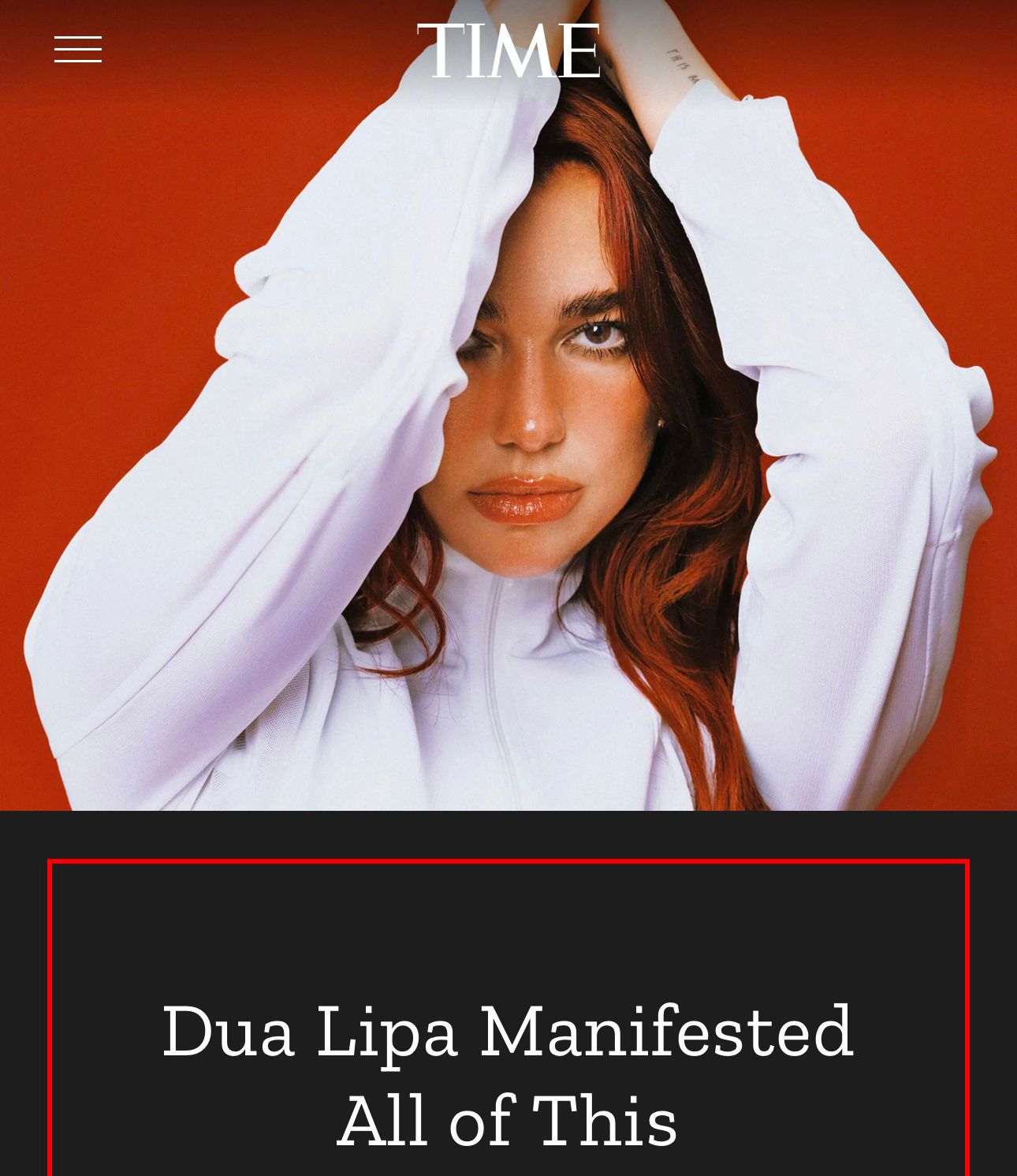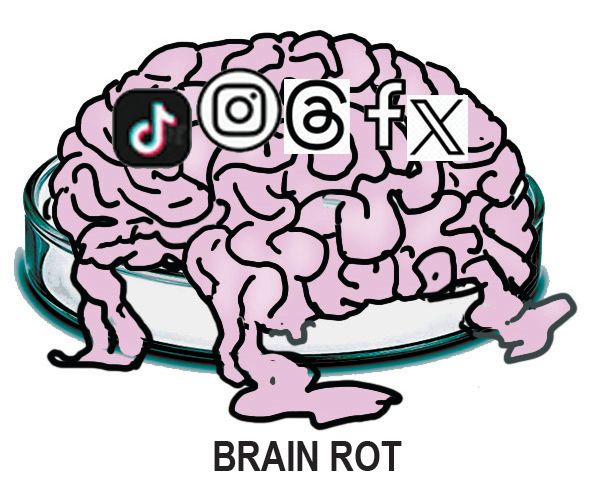HEARD IT THROUGH THE GRIPE-VINE

It’s the time of the year when several lexicon platforms come out with their Words of the Year (WOTY); and each will have their own system for coming up with their choices.
The Oxford English Dictionary (OED) is one of the more popular ones, and they came up with “brain rot,” referring to the infinite amount of content that we are bombarded with on a daily basis thanks to social media - it’s how the consumption of too much online content, both unchallenging and trivial, have led to the deterioration of a person’s mental state.
The funny thing is how the first recorded use of the phrase dates back to Henry David Thoreau’s Walden, when he described the aversion to complex issues, and ideas that could be interpreted in multiple ways - warning that sticking to simplistic ideas would lead to brain rot. Now in our digital age, it’s concerned with the negative impact of over-consuming online content of low quality and low value. There’s even an emergent brain rot language, such as “skibidi,” which means nonsensical (taken from the web series Skibidi Toilet), and “slop” which describes low quality AI-generated content.
Last year’s OED winning word was “rizz” which is short for charisma. And just in case you were wondering what were the other OED contenders this year, they include “demure” and “romantasy.” How social media, TikTok especially, are factors in popularizing these words cannot be underestimated. It’s easy to forget that “very demure, very mindful” was first coined by TikToker Joolie Lebron during her video about workplace etiquette and looks. And from that satirical, workplace specific video, it caught like wildfire, and had everyone across the globe using it for practically any activity. The irony? I wonder how many echoing the phrase even know Joolie.


The Cambridge Dictionary reported that “manifest” was looked up almost 130,000 times on its website. The funny thing is how this 600-year old word, which Geoffrey Chaucer spelled as “manyfest,” suddenly gained popular mainstream usage. Famous performers, star athletes, and influential titans of industry reached for the word, using it as a verb to describe methods of visualization and affirmation in helping one achieve something one wants - from Sabrina Carpenter, to Dua Lipa, and on to Olympic sprinter Gabby Thomas, it was used as a hashtag #manifest.
Gaining tremendous popularity, it recalls what we know about positive thinking, self-affirmation, and goal-setting. And that’s all fine, as long as realistic goals are set, and the tireless effort is also part of the equation. And it’s curious to note the evolving meaning of the word. In Chaucer’s time, it was “to show something clearly through signs or actions.” And in Shakespeare’s Merchant of Venice, it was an adjective, “For it appears, by manifest proceeding, that thou hast contrived against the very life of the defendant.”
Cambridge Dictionary also tracks emerging words, and among those recorded in 2024 are “Quishing,” scam of phishing via a QR code, “resenteeism” continue doing your job but you resent it, so blends resent and absenteeism, “vampire,” new usage to describe a device or appliance which uses up energy even when not in use, as in vampire laptop, and “ecotarian,” a person who only eats food produced or prepared in a way that does not harm the environment. I’d be curious to observe how popular these words will become in 2025.
The Merriam-Webster 2024 Word of the Year is “polarization.” It’s defined as the division into two sharply distinct opposites, especially a state in which the beliefs, opinions, and interests of a group or society no longer range along a continuum, but become concentrated at opposing extremes.
Given that the Merriam-Webster hails from the USA, and it was a presidential election year, it’s not that surprising to find “polarization” their word of the year. It aptly describes the prevailing mood and how the campaigning went, plus how the country is still bitterly divided on the imminent return of President-elect Donald Trump to the White House.
During a lunch with my sons, I asked them what their personal Philippine choices for WOTY would be. My youngest Luca (25) was quick to concur that “demure-mindful” was super popular earlier in the year. And he joked that if we’re going by month, then December 2024 was all about “cheating.”
When I prodded them with the information that Google Search list “heat wave” and “climate change” as among the most popular here in the Philippines, they found it strange that as a very vulnerable country to natural disasters, we would still need to revert to Google to understand the two, and how they wreak havoc to our country annually. What we did agree on and laughed about, was how difficult it would be to explain to the rest of the world, why the word “shiminet” became so popular here in 2024. Happy 2025!